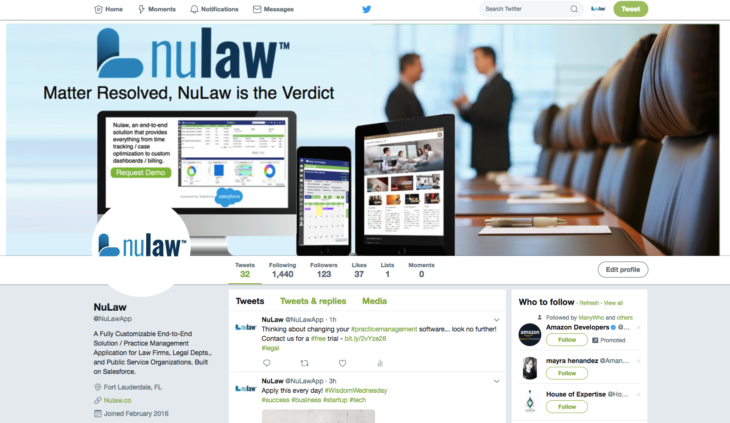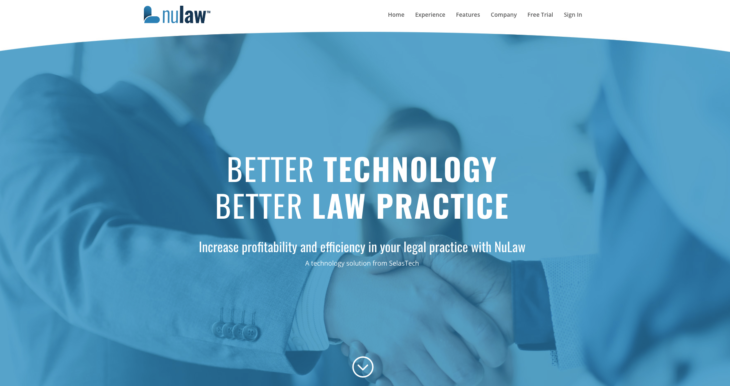The time has come for law firms to set aside their legacy systems in favor of new case management software. Those unwilling to get on board with the latest technologies are being left behind, so it’s more critical than ever for law firms to find a new software solution and implement it. The challenge is deciding on the right solution.
NuLaw, a company that has developed a cloud-based case management solution based on Salesforce, agrees that attorneys have a lot of options to choose from. Some are better than others. Their advice is to compare multiple solutions based on the following five criteria:
Contents
1. Efficiency and Productivity
A good case management solution does more than offer a fancy new interface and cloud storage. It improves efficiency and productivity throughout the office. How it manages, that depends on the tools it offers. So a good place to start is to compare solutions on a tool-by-tool basis.
Do the tools a particular solution offers to lend themselves to greater productivity? Will the office be made more efficient by using those tools? The idea is to evaluate case management software solutions as they pertain to how your law firm already does business. Any tool that looks like it can legitimately improve productivity and efficiency can be added to the shortlist.

Img source: pinterest.com
2. Improved Matter Management
Matter management is one of the most time-consuming aspects of practicing law. As such, the next item on the list is improved matter management through automation, shared data, system interoperability, and the like.
A good way to gauge matter management is to look at how a new software application accomplishes the tasks your current software is responsible for. A single package that can take the place of multiple legacy packages automatically makes an office more efficient.
3. Calendar Management
Managing an attorney’s time is a big part of maintaining profitability. A new legal software solution should incorporate calendar management and scheduling in an automated environment that eliminates errors reduces conflicts and keeps everyone in the loop. It would include things like reminders and online scheduling of interviews, consultations, etc.
4. File Management
Next up are file management capabilities. In a typical law firm, the need to share files between attorneys, clients, and even other law firms is a normal part of day-to-day operations. A central cloud-based storage environment makes document sharing as easy as granting permission to those who need access to said documents.
File management also extends to things like form letters and research documents. A solution with a built-in law library offers a central storage location for all of these documents. Once again, access to this library can be permission-based. Only those who need access are given it.

Img source: pinterest.com
5. Marketing Tools
Finally, the best legal and practice management solutions incorporate marketing tools that bring the marketing department on board with the rest of the office. Some of these tools focus on tracking and managing potential leads. Others focus on maintaining good client relationships through standard CRM practices.
Marketing tools can even go so far as to utilize automation to deliver compiled cases directly to the office for immediate review. This sort of automation reduces the need for marketing teams to go out and turn over rocks to find new cases. Instead, cases are delivered automatically through the software.
No single legal case management software solution is perfect for every law firm. So it is up to firms and their executive management to compare the options side-by-side. Fortunately, there are enough options to satisfy any need.
